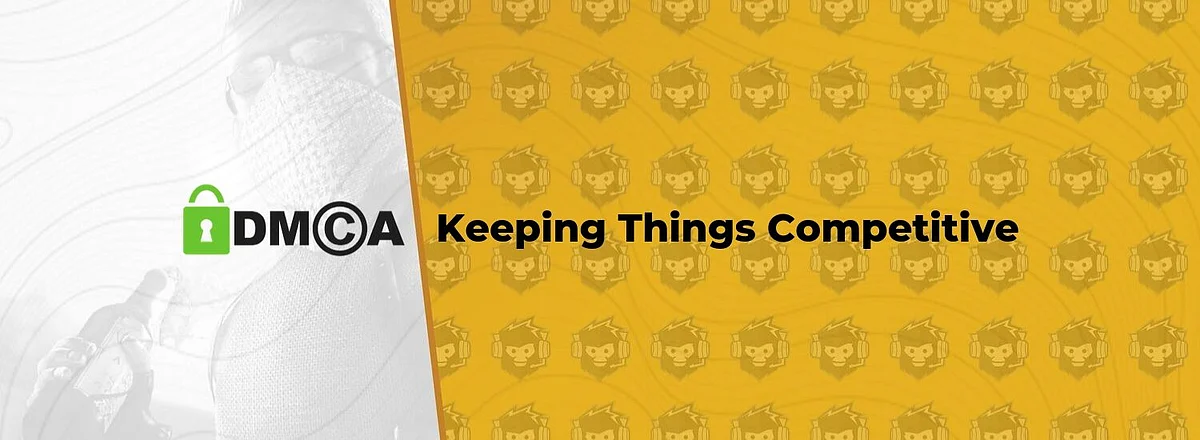Valve clarifies that StarLadder had the right to send DMCA notices to streamers during the Berlin Major

In a blog post on the official counter-strike website titled ‘Keeping Things Competitive’, Valve has clarified its stance about multiple on-going rumours and conversations in the community including those around media rights for tournament broadcasts, exclusivity for leagues and shared financial interests between teams and tournament organizers.
During the Berlin Major 2019, several CS:GO streamers such as Erik ‘fl0m’ Flom, Andre ‘nooky’ Utsech and Jean-Michel ‘mch’ D’Oliveira had their streams and Twitch channels taken down after StarLadder issued DMCA notices to them. This led to severe community backlash that referenced Valve’s stance on DotaTV broadcasts which explicitly states that no one besides Valve can send DMCA notices for games streamed off of DotaTV without using the broadcasters’ unique content.
However with the latest announcement, it seems that the stance on CS:GO deviates from the one on Dota 2 as Valve has now made it clear that “the Major tournament operators have always been the only party that has had a license to broadcast the Major”. The post goes on to state that Valve expects its Major partners to be as inclusive as possible and that they are expected to work with streamers in order to provide viewers with access to alternative content and language options. The clear message here is that anybody that wants to stream or create content around a CS:GO Major needs to reach out to the tournament operator in advance to obtain permission. The implied message is that tournament operators own exclusive licenses not just to broadcast/livestream Majors, but also for in-game assets such as the demo files.
In the same blog post, Valve has clarified its stance on two other matters that have been hot topics of debate in the community.
The first pertains to leagues that enforce exclusivity for participating teams. This is a strict no from Valve who stated that even though it is free to obtain a CS:GO tournament license, a format that restricts teams from participating in another TO’s events is one that could cause long term damage. In addition to restricting competition among TOs, Valve stated that “exclusivity prevents other events from keeping the CSGO ecosystem functioning if an individual event fails”. Valve’s ruling on the matter is very clear – “At this time we are not interested in providing licenses for events that restrict participating teams from attending other events.”
The second matter that Valve has talked about pertains to conflict of interest arising out of shared ownership between teams and tournament organizers. Valve considers any situation where a tournament, team, or player has a financial relationship with any other participating team or its players. In order to participate in Majors, Valve re-iterates that all of the above-mentioned parties are required to “confirm that they have no existing conflicts of interest, or if they do, disclose them and work to resolve them”. It’s interesting to note that this statement applies not just to players and teams but also licensee and tournament staff and that Valve reserves the right to require that the licensee address and remove any business entanglement or terminate the agreement without cost or penalty.
